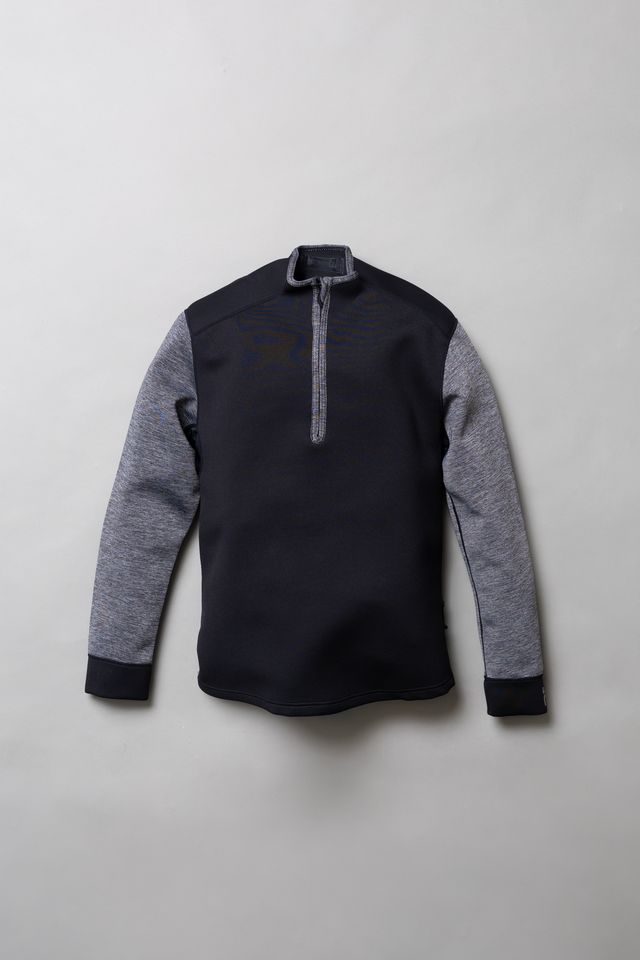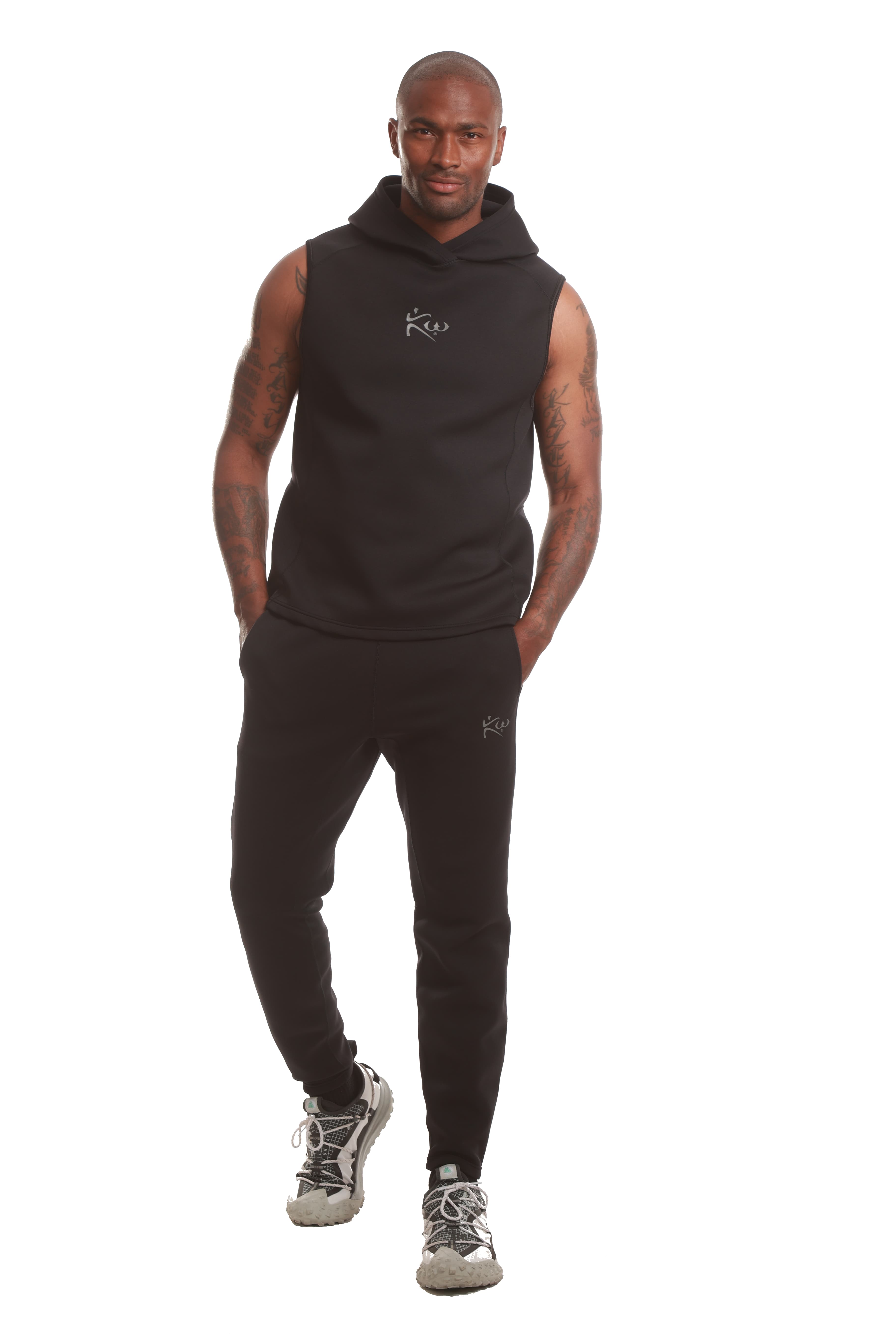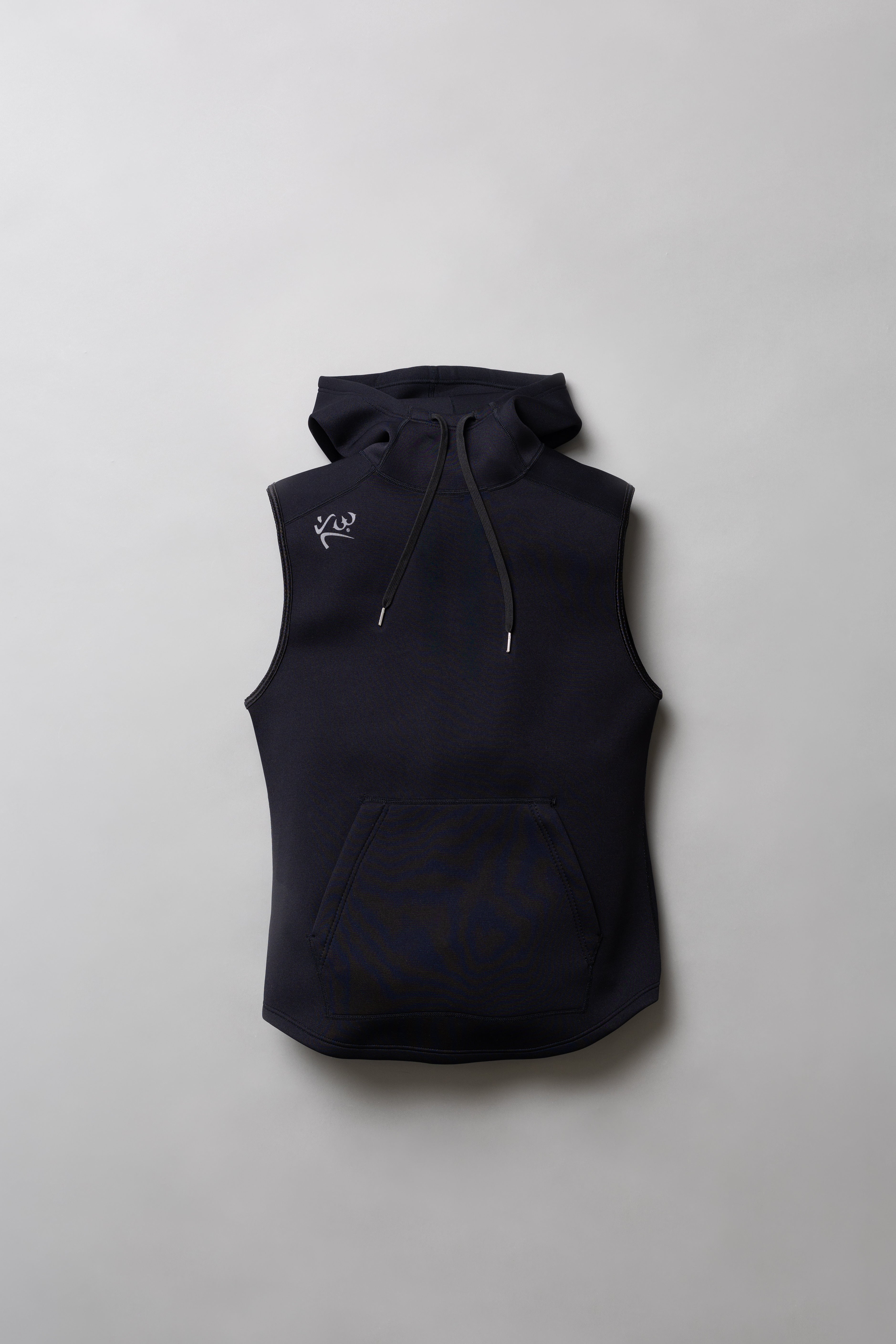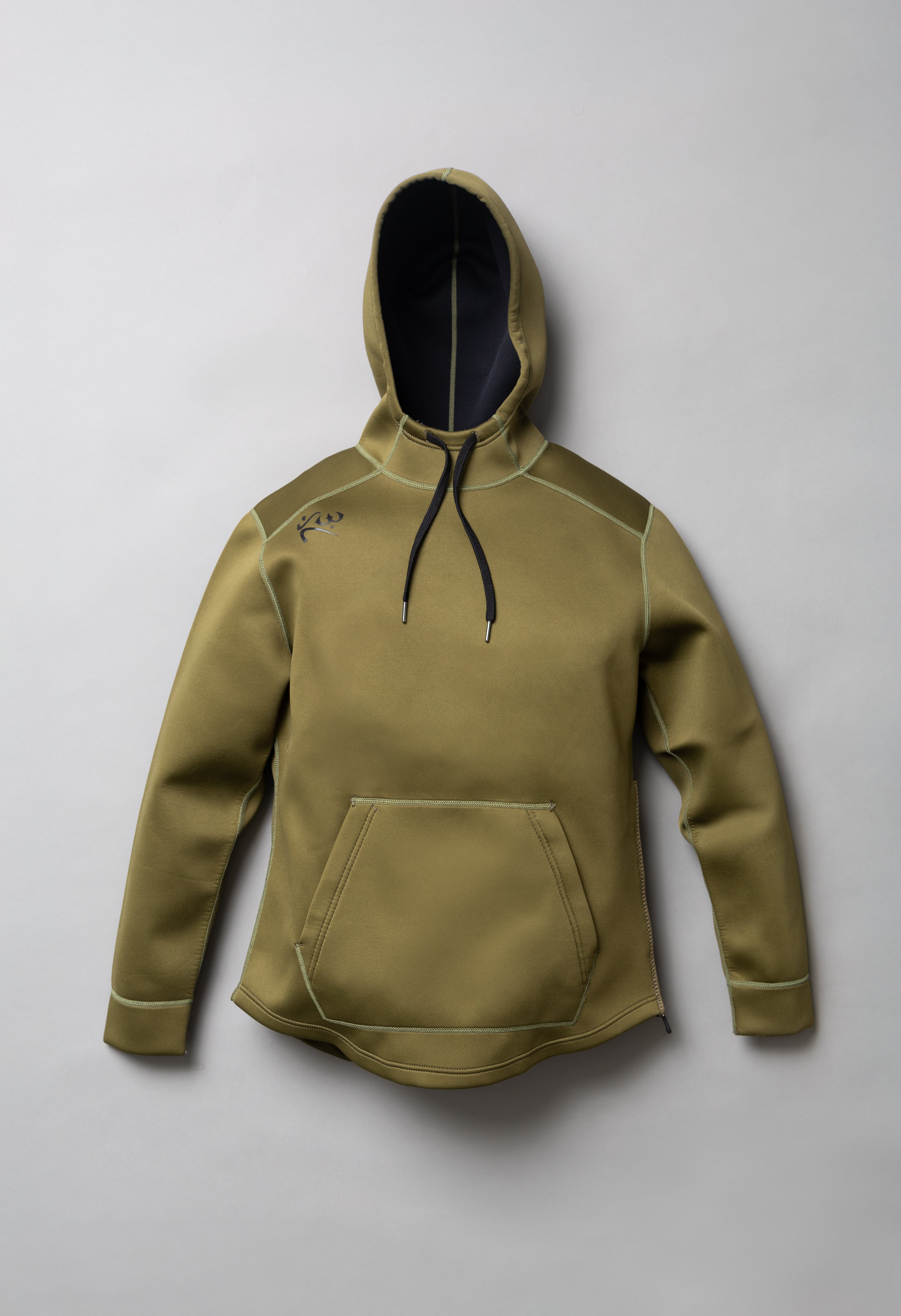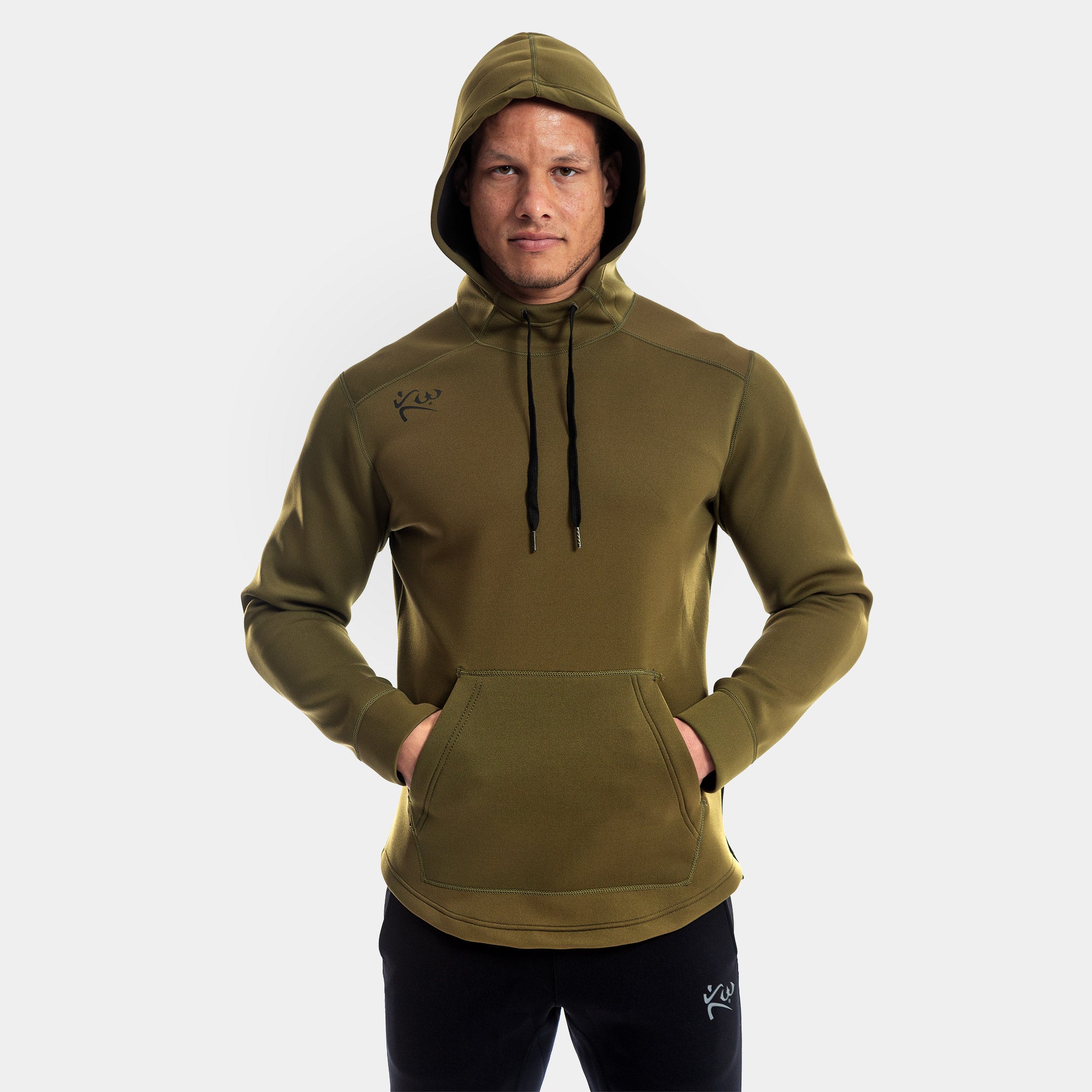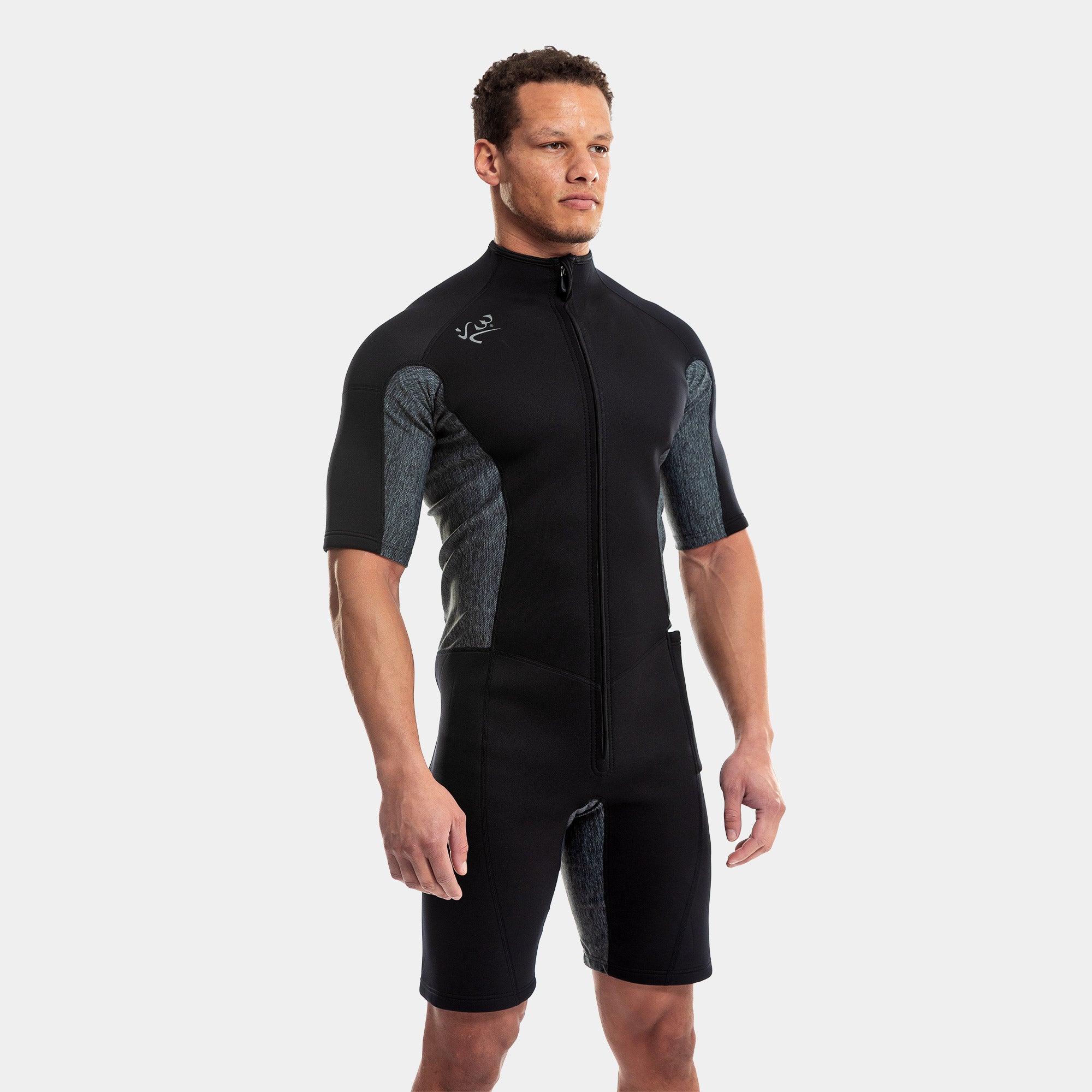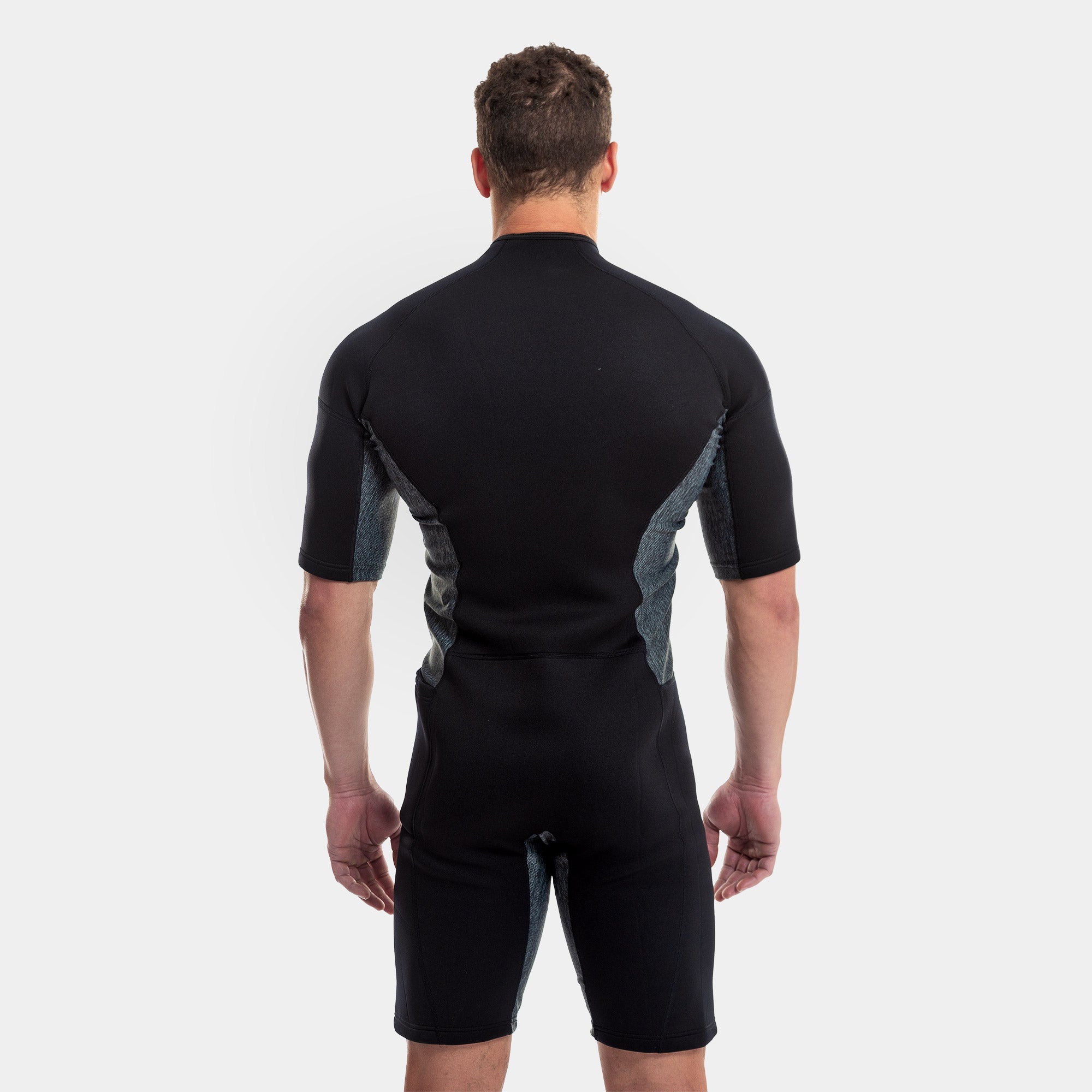Popular Health Trends: Worthwhile or All Hype?
Every year, the internet explodes in advertising with the latest way to lose weight, build muscle, or improve your health. Whether it’s a gadget, trick, or supplement, people end up paying big money for something that disappears from the market a year later.
This year is no different. Even though we aren’t quite halfway through 2016, we are still being bombarded with the latest health trends. Let’s take a look at some of the most popular health trends for 2016 and determine which are worth investing in and which are all hype.

ICE BATHS
Dunking your body in a tub filled with ice water after a workout has become common place for many fitness enthusiasts with an emphasis on the CrossFit crowd. The supposed benefits include faster recovery and greater environmental adaptation. While the latter may still be up in the air, studies show that ice baths do not lead to faster recovery. (1)
Should you do it?
- Icing up the muscles via an ice bath may be good to reduce inflammation but that doesn’t mean you’re going to recover faster. Ice baths could be a good idea if you are doing them in conjunction with other techniques such as the Wim Hof method. Note: Do NOT take an ice bath WHILE doing the Wim Hof breathing exercises.
SUPPLEMENTS
This topic is always complicated. Yes, there are supplements on the market that DO work but there are so many more that don’t. Supplements are a wide ranging category that varies drastically depending on your fitness goals. Here is a list of the most popular areas for supplements:
- Fat burning (weight loss)
- Muscle building
- Energy boosting
- Brain boosting (nootropics)
The issue with supplements is that many are under-dosed and over-priced. An ingredient may very well work but if you aren’t getting the full needed dose, you won’t notice much of a difference
Should you buy them?
- It all depends on the supplement. We would recommend sticking to a supplement with scientific backing such as creatine, glutamine, protein, turmeric, etc. Before you buy anything, Google it and look for scientific data. Don’t trust just any BroScience blog you find. Most importantly, take a look at the needed dose for full benefits. It may be easier to buy a specific ingredient outright at full dose than as a part of a blend at a quarter of the dose.
SAUNA USE
No other fitness trend is getting as much backing as the sauna right now. Saunas have been around for thousands of years and with good reason: They work. The benefits of using a sauna are finally being revealed thanks to credible scientific studies. Sauna use can boost immunity, remove toxins, promote weight loss, and support your cardiovascular health. (2-4)

Should you do it?
- Short answer: Definitely.
- Long answer: Yes, but be sure to evaluate the condition of your health before stepping in. If you have prior issues with blood pressure, heart rate, or other cardiovascular complications, talk with your doctor. If you’ve never tried a sauna before, start small. Try to sit in for only a few minutes then give yourself a break. Eventually build up an additional 2 to 5 minutes at a time.
WHAT DO YOU THINK?
Have you used any of the trendy health products listed above?
What was your experience? Did you think any of them were worthwhile?
Do you have your own health trend that you swear by?
Tell us about it in the comments section!
Llion A Roberts, Truls Raastad, James F Markworth, Vandre C Figueiredo, Ingrid M. Egner, Anthony Shield, David Cameron-Smith, Jeff S. Coombes, Jonathan M Peake. Post-exercise cold water immersion attenuates acute anabolic signalling and long-term adaptations in muscle to strength training. The Journal of Physiology, 2015; DOI: 10.1113/JP270570
“Sauna-Induced Sweating Offers Many Health Benefits.” 2011. http://www.med.wisc.edu. Web.
Crinnion, WJ. “Sauna as a valuable clinical tool for cardiovascular, autoimmune, toxicant- induced and other chronic health problems.” 2011. http://www.ncbi.nlm.nih.gov. Web.
Ernst, E. “Regular sauna bathing and the incidence of common colds.” 1999. http://www.ncbi.nlm.nih.gov. Web.
0 comments



